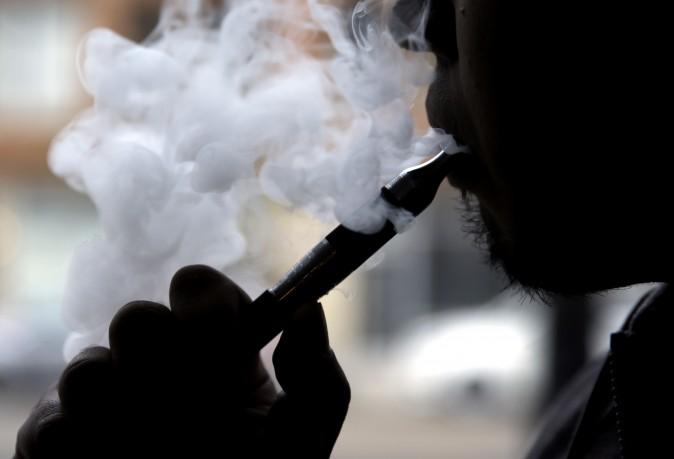WASHINGTON— Vape away.
Increasingly popular e-cigarettes and cigar varieties could be exempt from new Food and Drug Administration rules if House Republicans have their way. The effort alarms Democrats and public health advocates who argue it could lead to unsafe products.
Legislation approved by a House committee last month would ease rules announced by the FDA on Thursday to regulate e-cigarettes for the first time. The legislation would prevent the FDA from requiring retroactive safety reviews of e-cigarettes already on the market and exempt some premium and large cigars from those same regulations. E-cigarette products introduced in the future would face the safety reviews.
Vaping and cigar companies have pushed the exemptions, arguing that their products are safer than cigarettes and even help some cigarette smokers quit. They say many of the small businesses that make their products would go out of business once the rules are in place.
Public health groups say the regulations could allow many newer tobacco products to escape scrutiny just as more people, including teenagers, are using them. Cigarette smoking has decreased in recent years, but vaping and cigar smoking have risen, and some of those products come in flavors appealing to teenagers and young adults.
The legislation “pretty much comes down to driving a bus through public health protections,” said Erika Sward of the American Lung Association.






